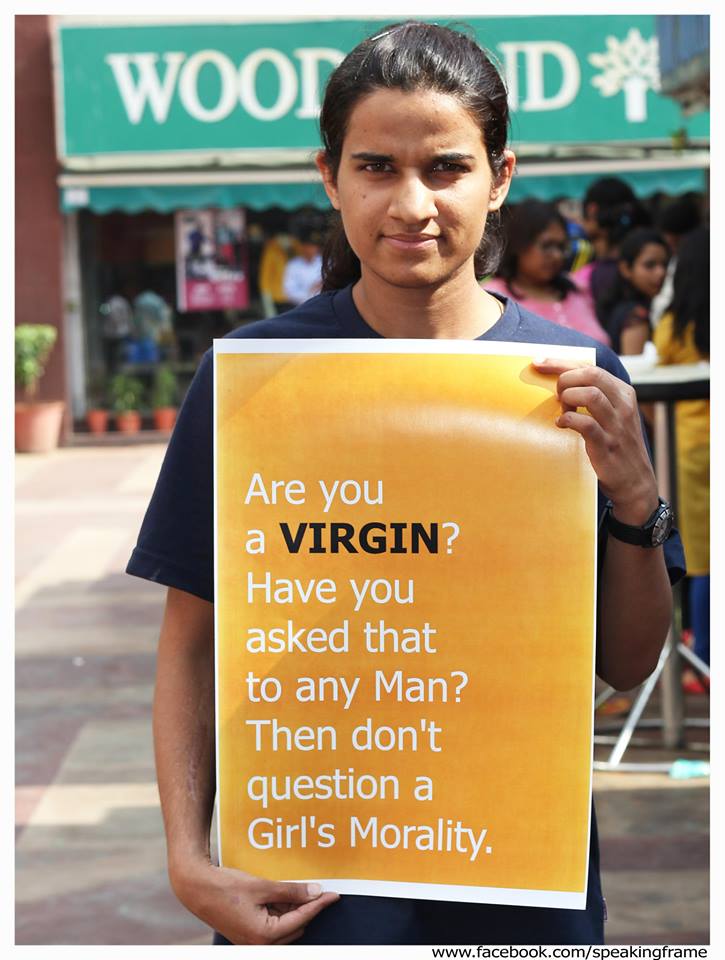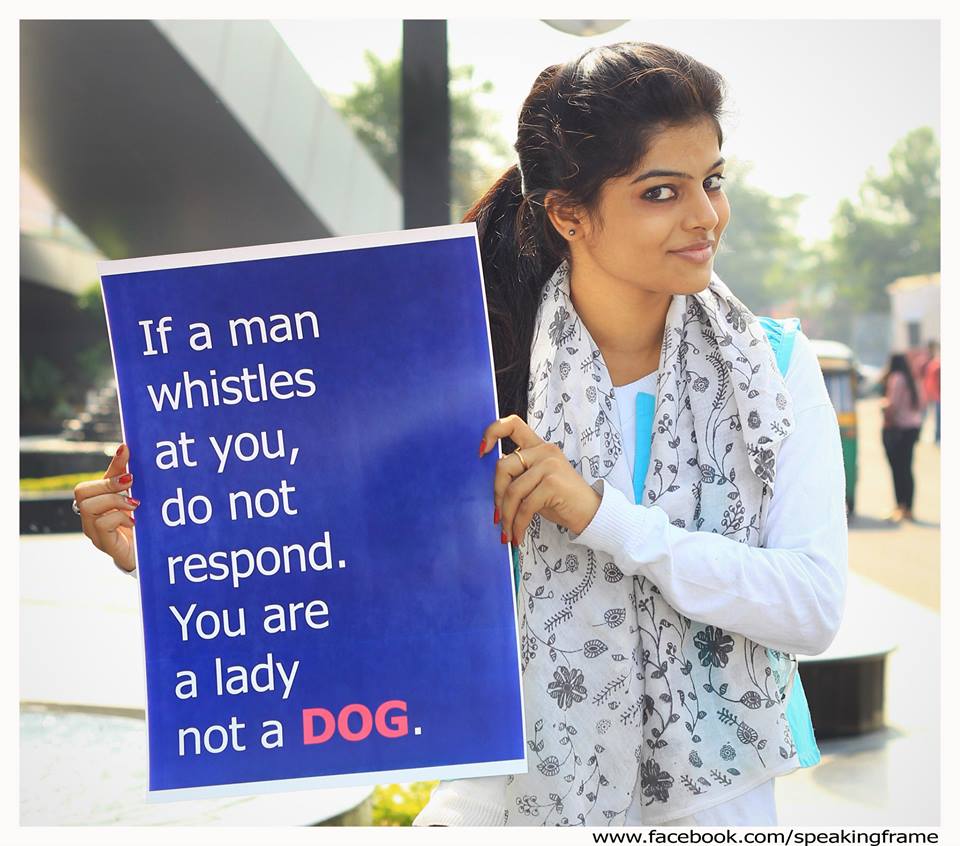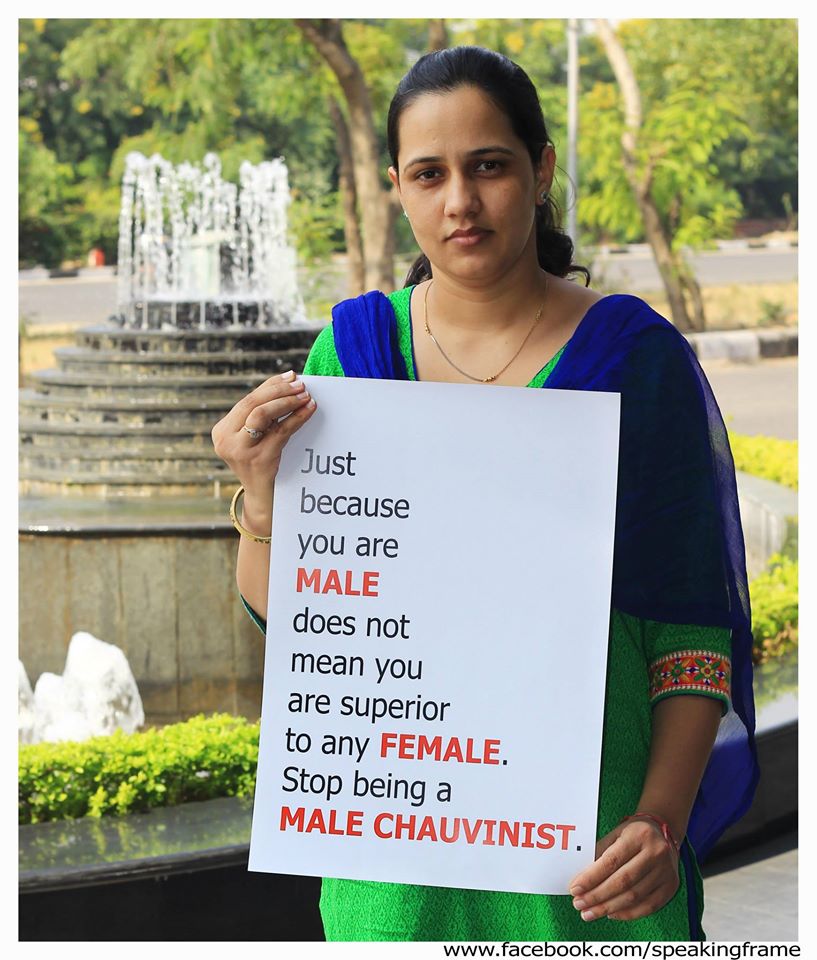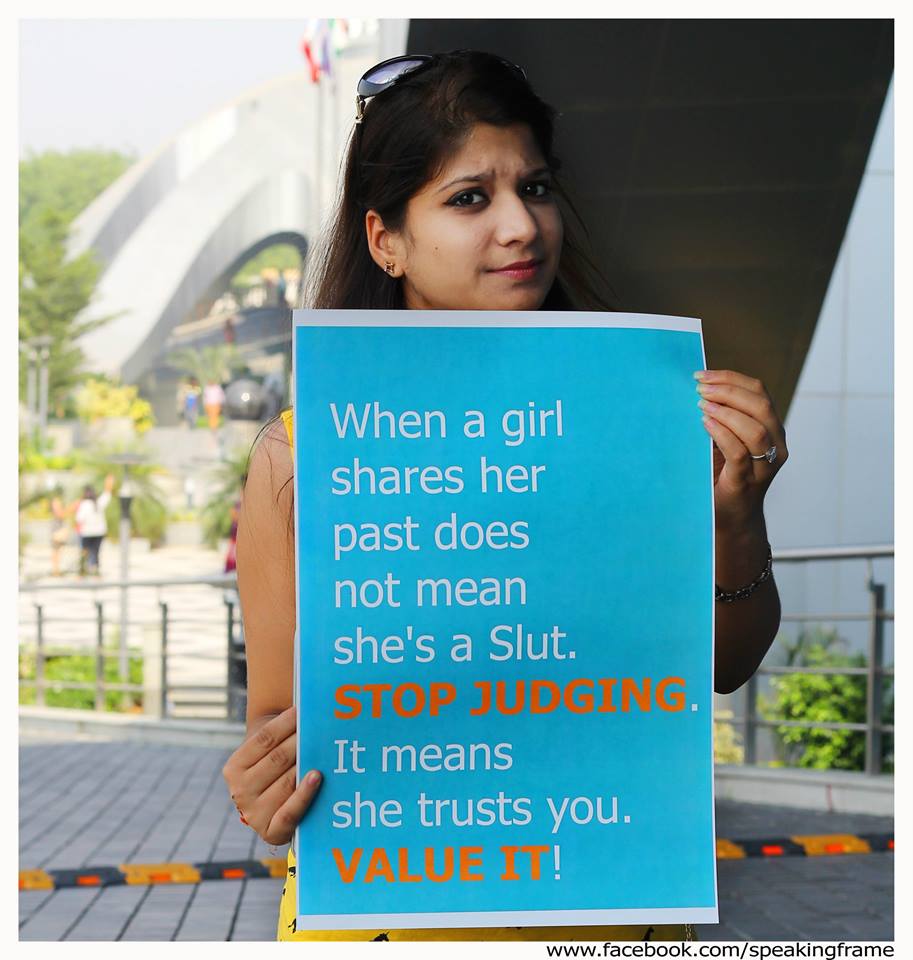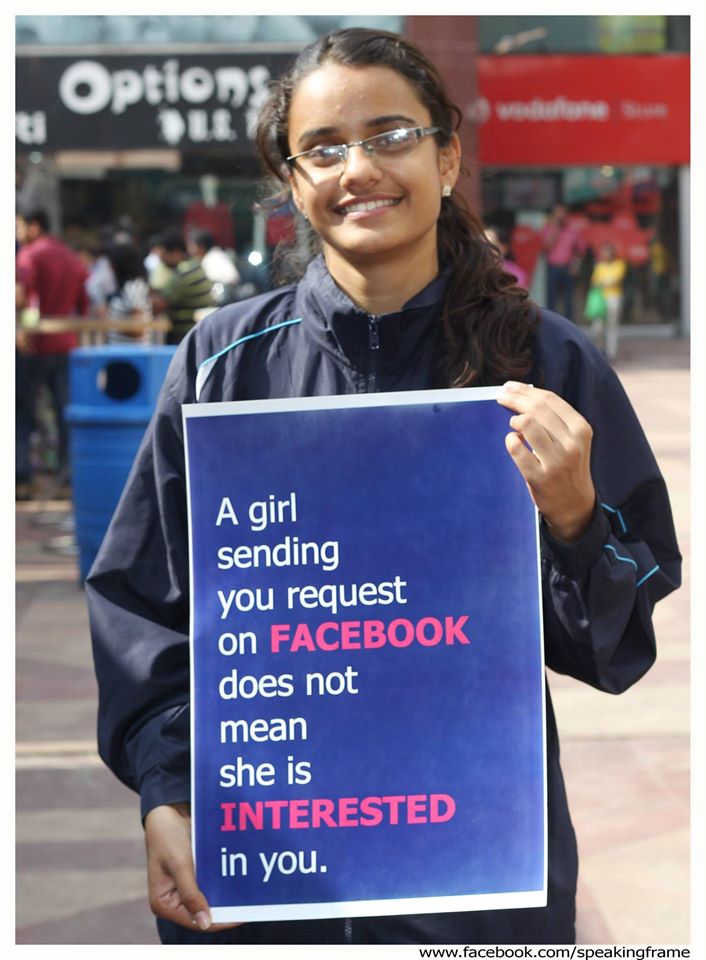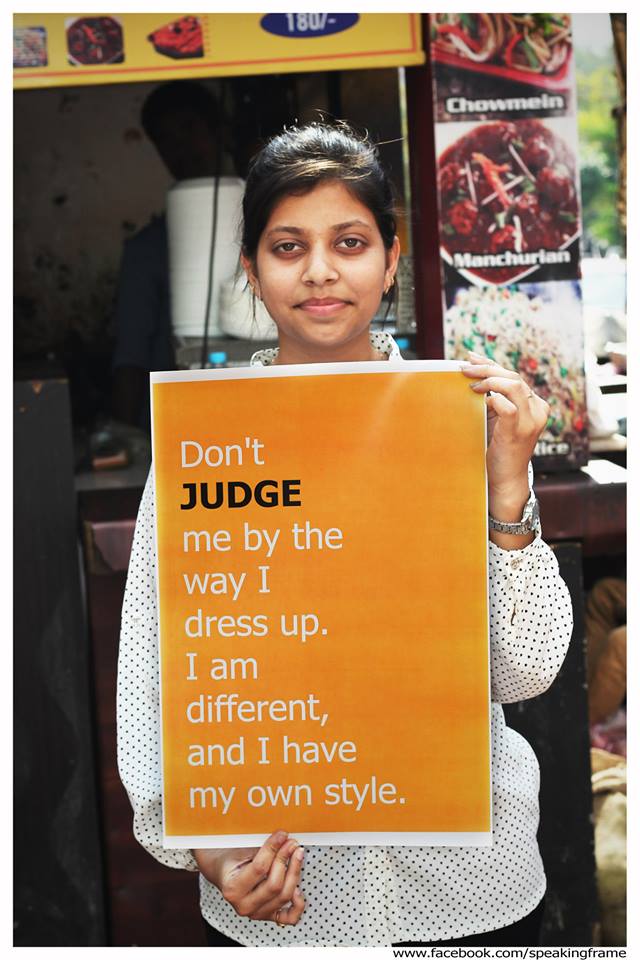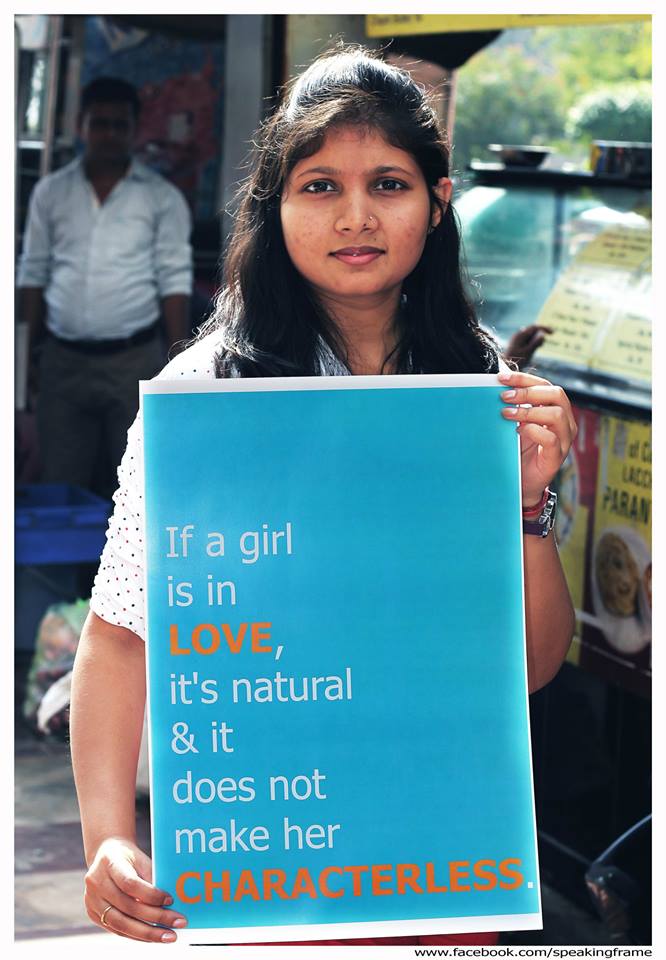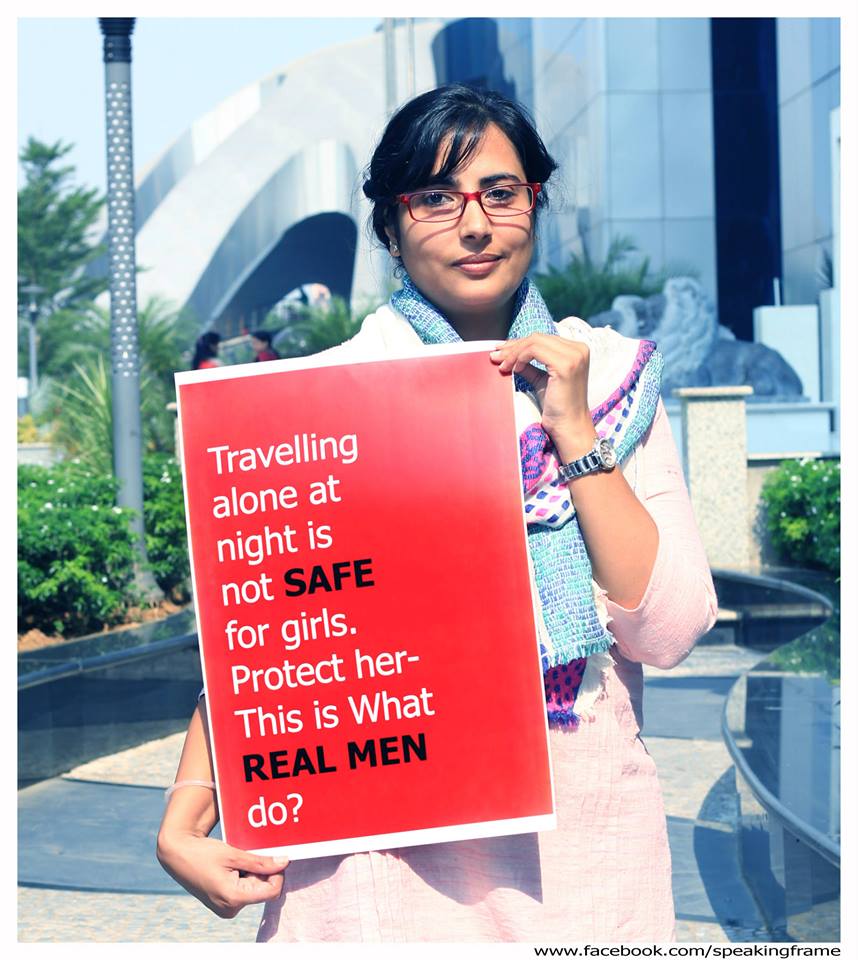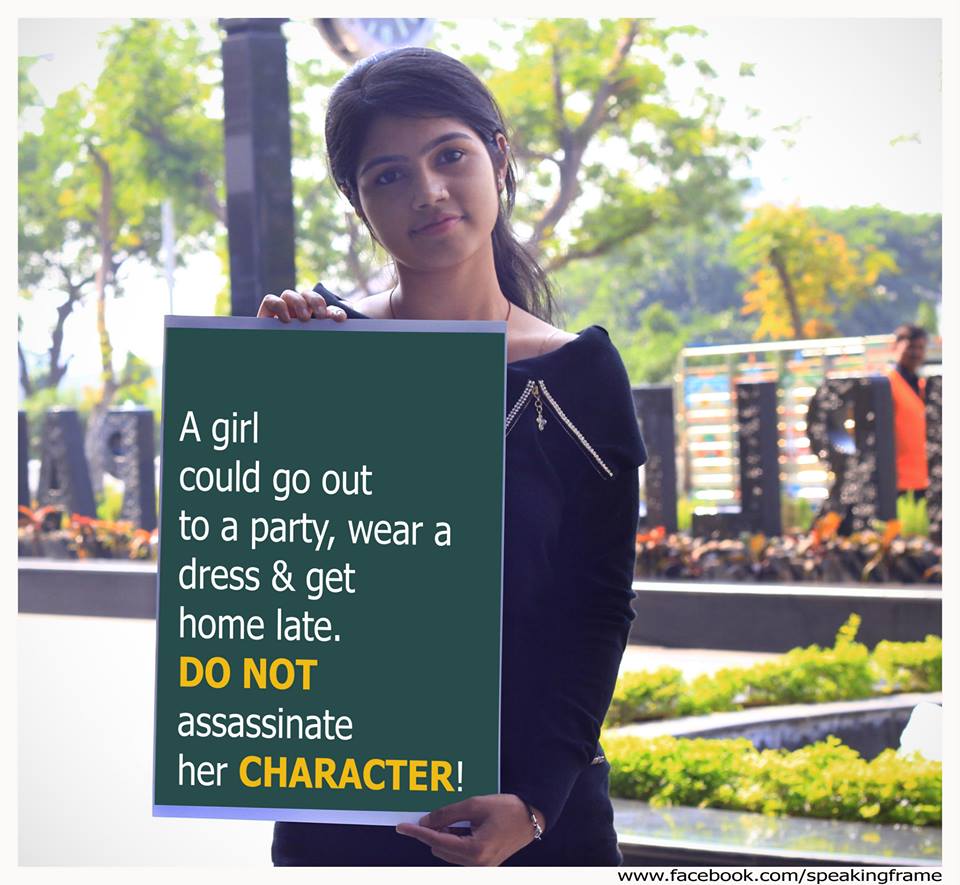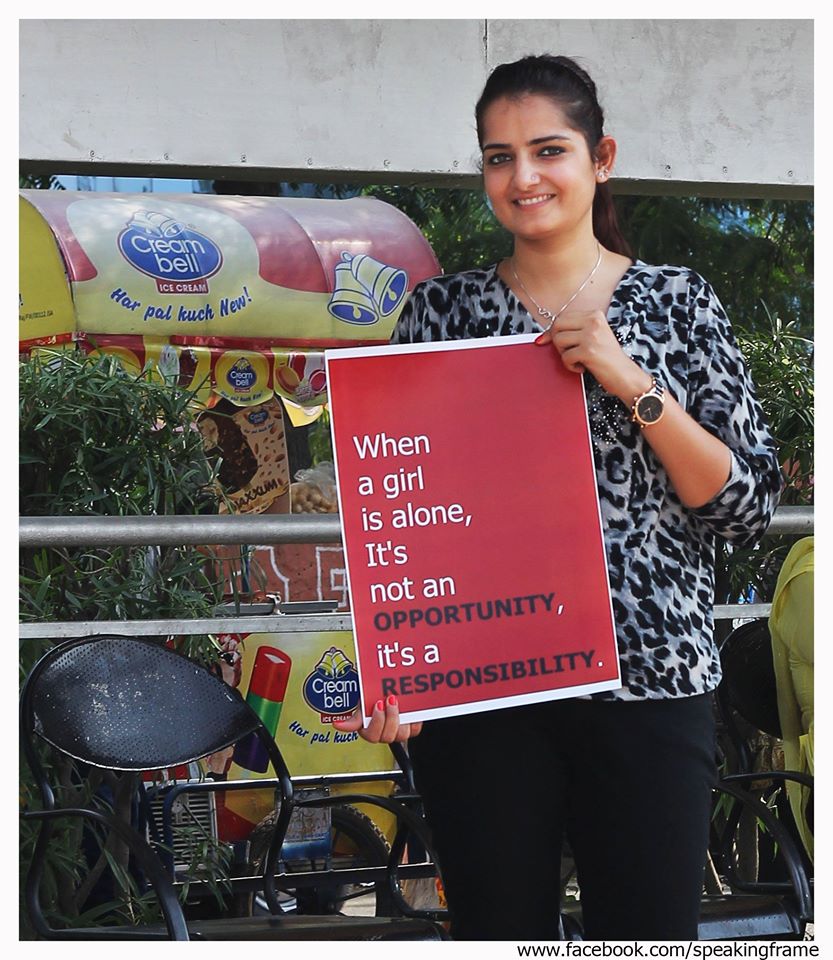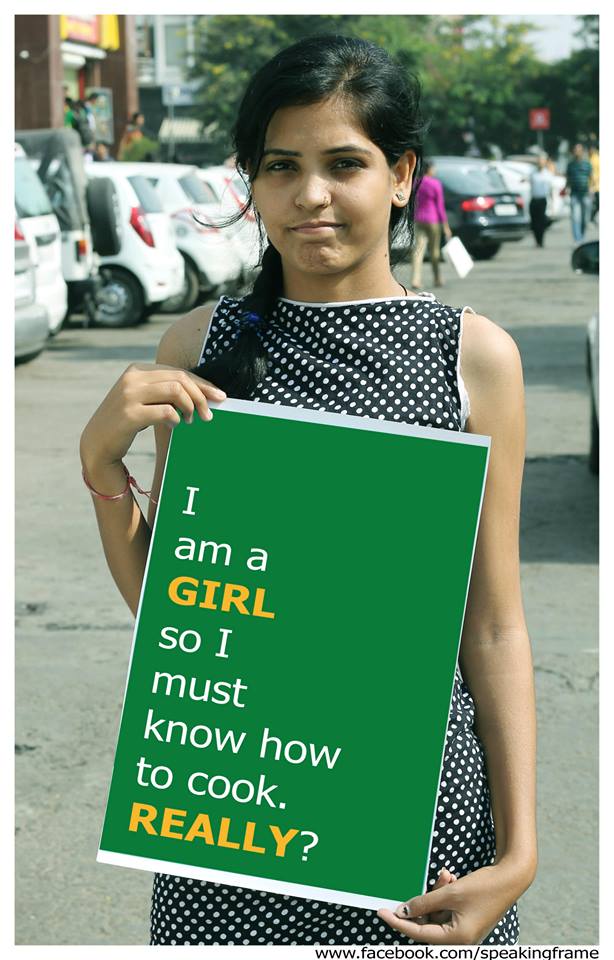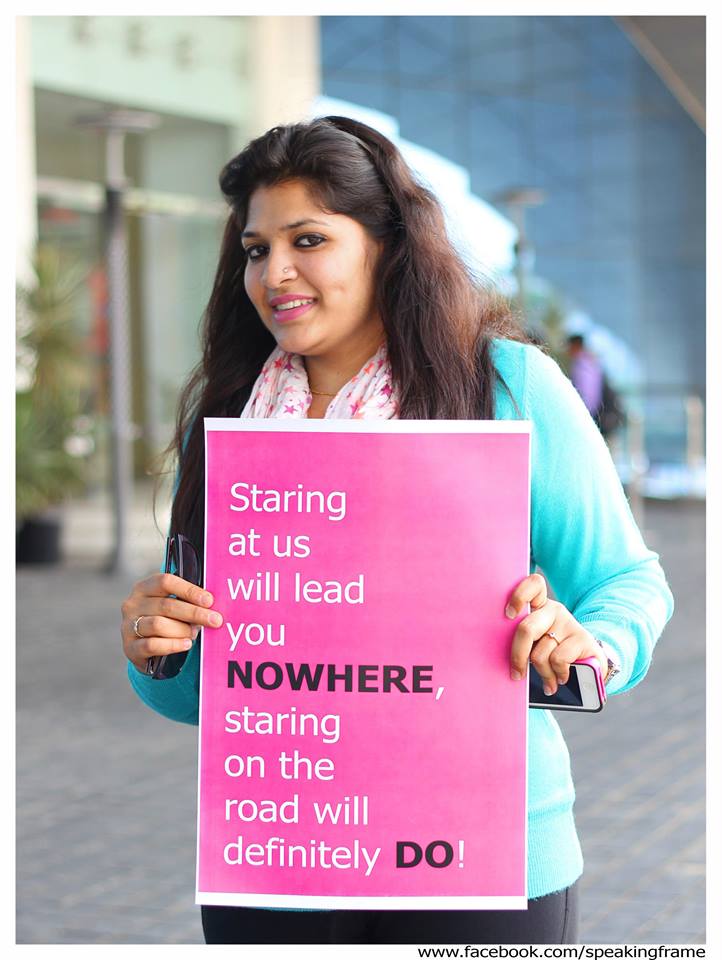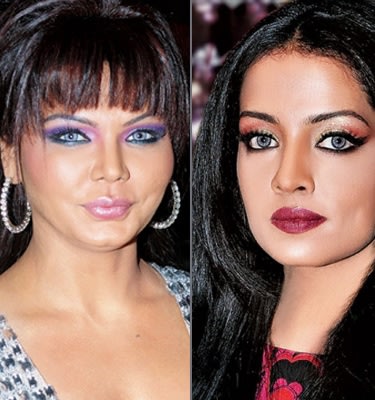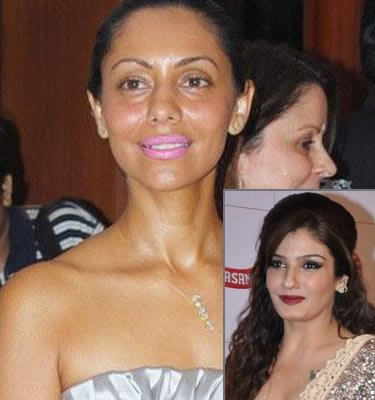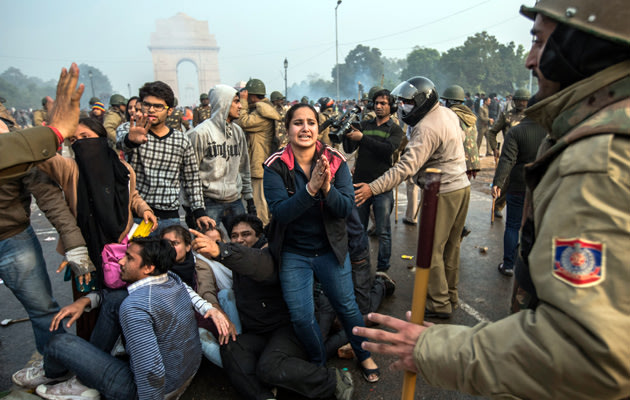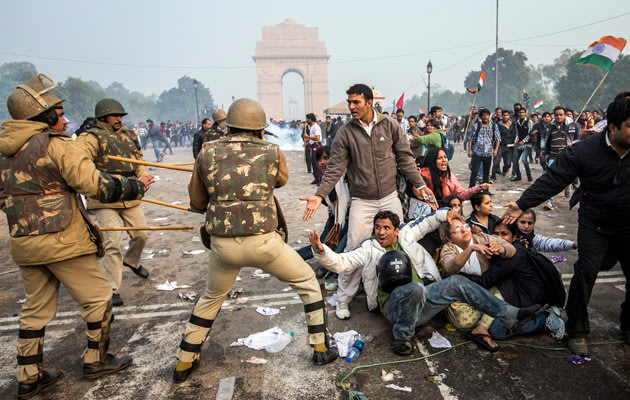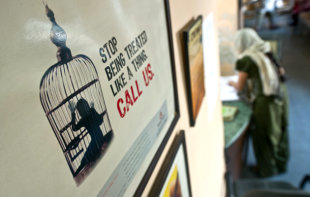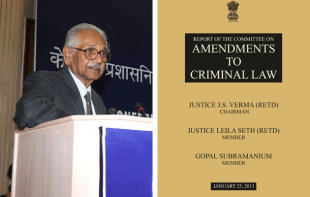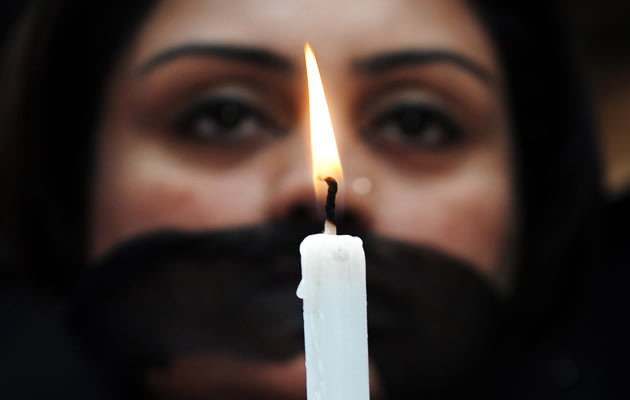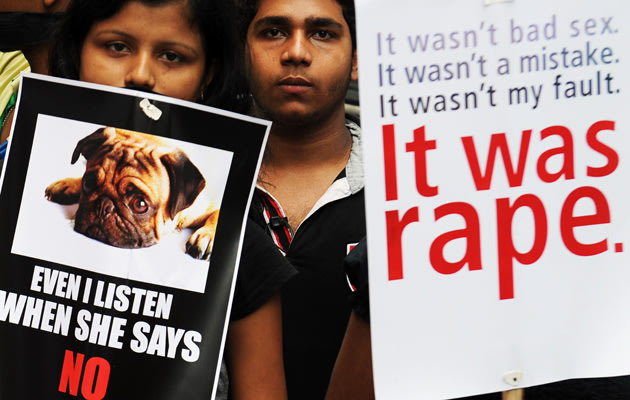Hello Friends
The constant whine in the Manral household these days is not “I am so bored” (which, I must admit, comes a close second in the whine-on-a-loop stakes, given that summer vacation is going on and the offspring can do only so much of playing-on-PS3, TV-watching and playing with his friends), but is, in fact, “XYZ’s mudder allows him...”
If it’s not XYZ’s mother, it’s ABC’s mother. In fact, going by what The Brat says, all the mothers of all his friends are wonderfully laidback mums who allow things I’m being prune-faced about, including night stays, going off to malls on their own, and such like. But, no. I’ll stick to being prune-faced. The boy is only 10. I’m not comfortable with him staying overnight at the homes of friends I don’t know well. Or for that matter, even at homes where I know the friends well. I am not okay with him going to malls without me, his father, or his grandmothers accompanying him. Even if he insists that I follow at a 2-feet distance, in the event that his friends happen to be lurking around pillars and will report back to all, that he was, imagine the horror, accompanied by a responsible adult.
Okay, you are allowed to call me a paranoid mom, and snort behind my back about helicopter parenting and how it will rear up and bite me on my rather substantial butt in a few years’ time. But, I’ve started an initiative, with a team of wonderful women, called the Child Sexual Abuse Awareness Month, which is a social media initiative that tries to alert people about the real and present danger of child sexual abuse (CSA) lurking around the corner.
I won’t get into statistics in great detail here, but let’s just say they aren’t very promising. Official figures from a survey done by the Ministry of Women and Children in 2007, put an estimate at 53%. Translated, that is over half of our children admitting to being victims of CSA. Boys and girls. Moreover, in more than half of the cases, perpetrators are someone the child knows and someone who has regular, unimpeded access to the child. Basically, someone the child trusts. And not all children will talk about it, or come tell us, their parents, about what has happened to them.
They have their reasons for not telling—fear of the abuser, fear of social stigma, and the most common, fear of not being believed. We can only imagine what the actual figures are. All I know is that when I speak to women—across SECs, age groups and cities—not a single one not have a story from her childhood. The men, they don’t talk. Men in our society are not equipped to discuss vulnerability. I am bringing up a manling. I hope I teach him that it is okay to admit to being vulnerable, that he can always come to me with anything that is troubling him.
God knows, I’m a paranoid enough mother to begin with. I am the mother who walked barefoot through the house to check for any residual shards after a glass broke. I’m the one who used a thermometer to test the temperature of the milk before the bottle reached the wailing baby mouth. I’ve also, sadly, morphed into the mother who exemplifies benign neglect, the one who now sits with eyes glued to books, informing the offspring in no uncertain terms that she is to be called only if blood is spilt.
I’m the mother who ensured she taught the boy the names for private parts of his body as he acquired language, who told him that these parts of his body were off-limits for everyone, which in turn led to an emergency when he was only 3 and staying for the day at my mother’s house, and had to be convinced over the telephone, while I was in the midst of an important conference with many beady eyes glaring at me as I left the table, that Nanna (as he calls my mother), was allowed to wash his bum. “Bud Yu Tole Me No One Must Touch My Bum,” he squawked into the mobile phone, still perched on the pot, defiantly resisting an exhausted grandma who was just trying to clean him up. If nothing else, I told myself, when I finally explained to him that Nanna was amongst those allowed to wash his bum, he had at least grasped what I was trying to teach him. Could I now breathe easy? No. As a parent, I don’t think I could ever breathe easy.
And no, it is never too early to start. Teach a child the names for their private parts, in a matter-of-fact way, like you would teach them the names for any other body parts. Teach them the concept of personal space and boundaries. Teach them the 3 magic words—“Stop”, “No”, “I will tell”. No, make that 5. I was always bad at math. Explain to them that their body is precious and no one has the right to touch without permission. Teach them the difference between a safe touch and an unsafe touch, and how, while an unsafe touch can feel good, it’s still unsafe. I still remember an interview I read of a convicted paedophile in the US, taken while he was serving out his term. He said, “Give me a child who knows nothing about sex and you’ve given me my next victim.”
You don’t need to teach your child about sex. All you need to do is to equip him or her with enough age-appropriate knowledge. Think of it as teaching about basic safety rules.
As I do the CSA Awareness month every year, I realise this will never end. But what is heartening is the fact that people are talking about CSA, people are accepting that we have a problem, and that we need to do what we can to keep our children safe. And no longer is CSA the stigma it used to be. We owe it to our children. We owe it to the children we were.

